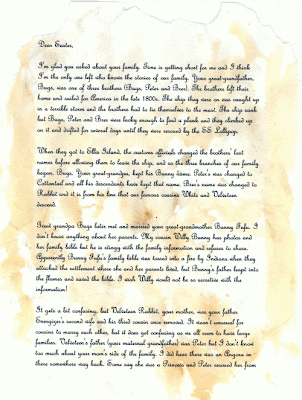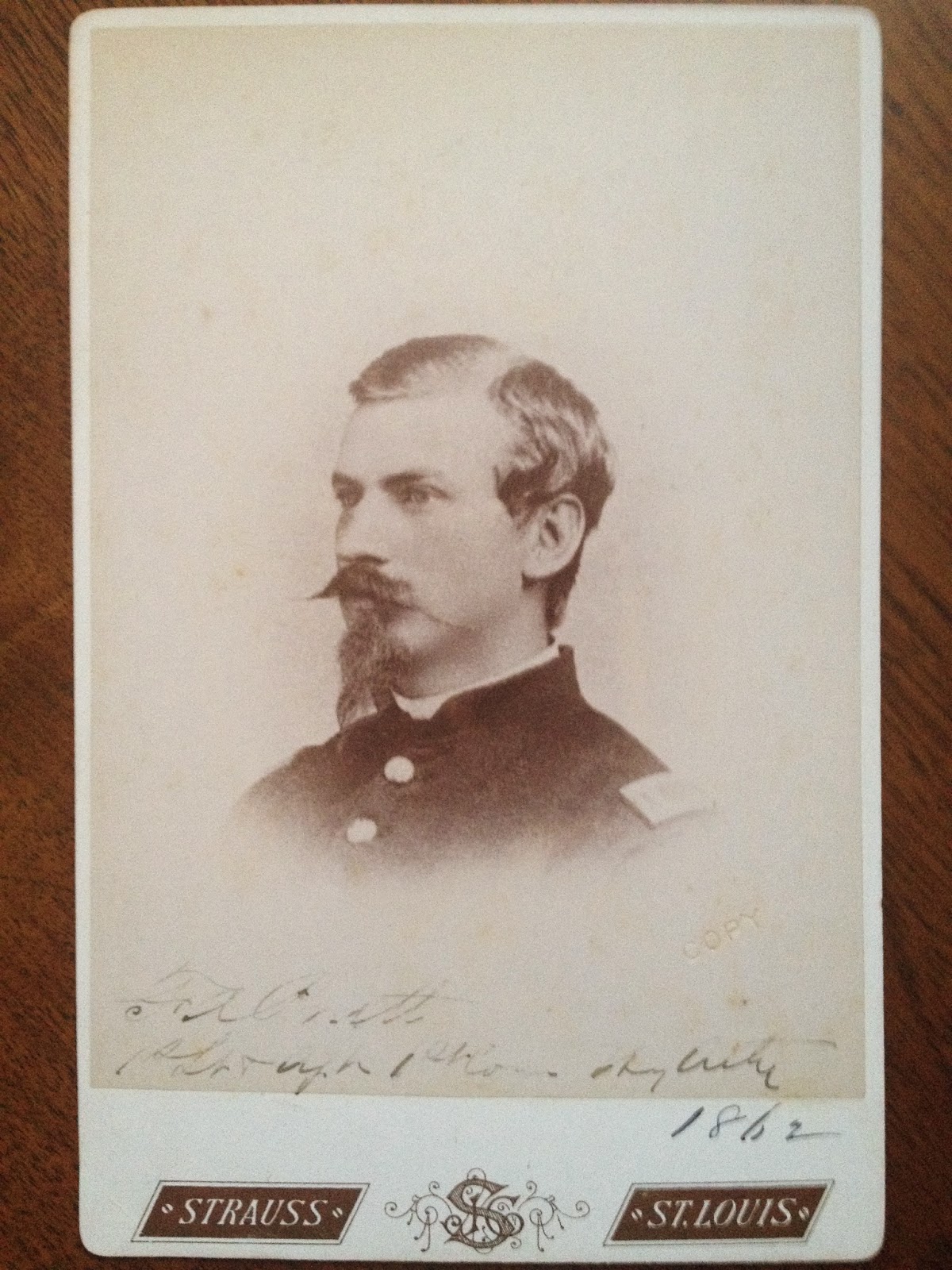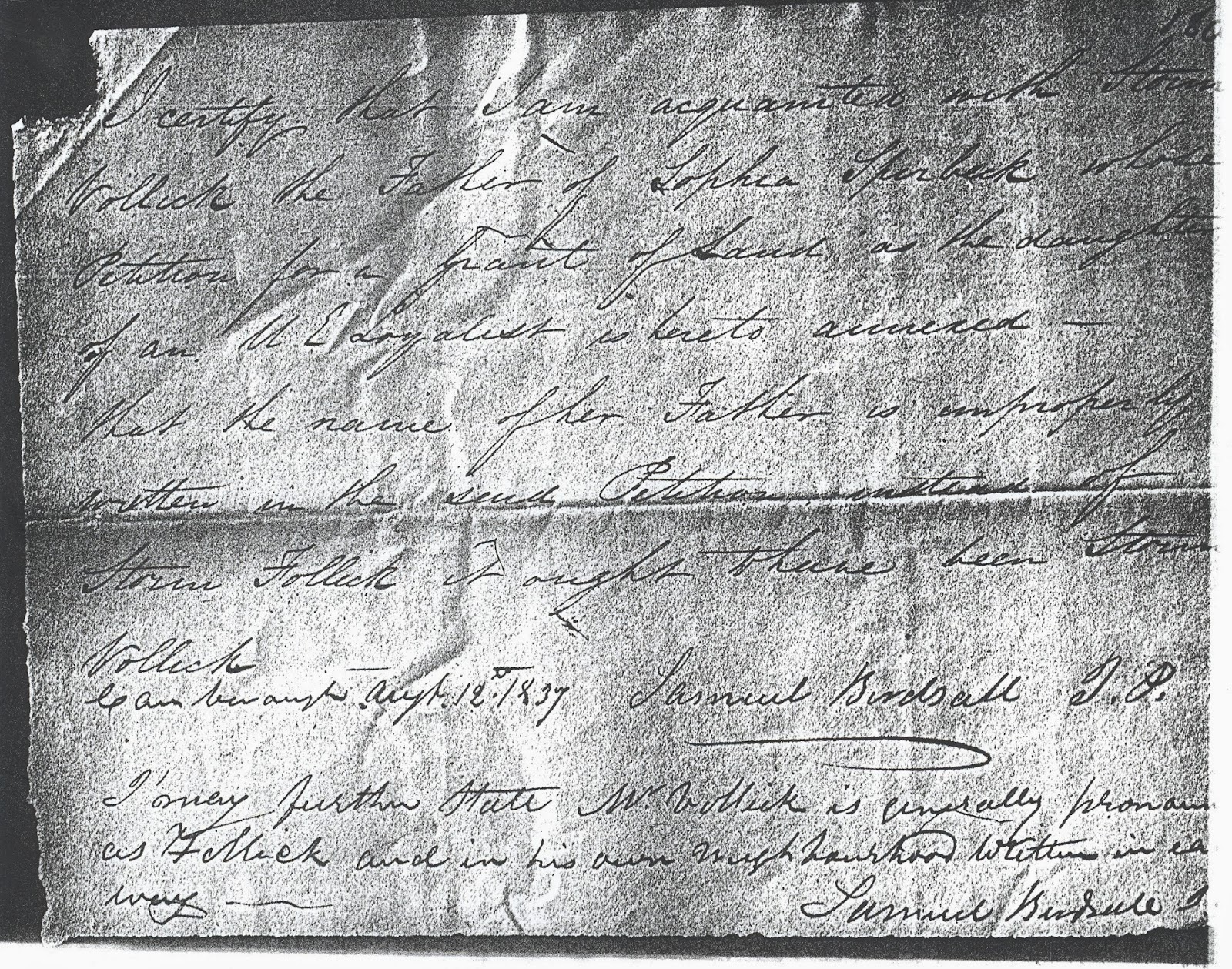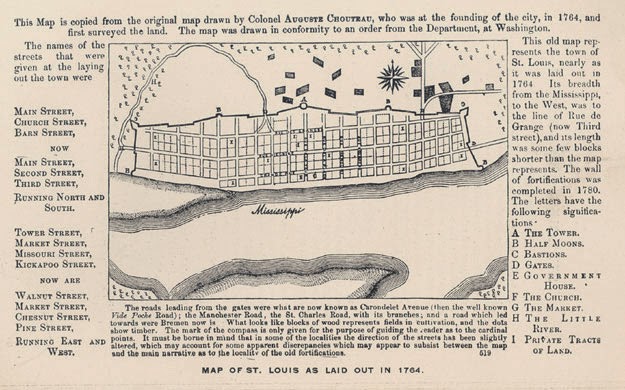
I'm writing about my Mohawk ancestor Ots-Toch as part of Amy Crow's Challenge: 52 Ancestors in 52 Weeks . Ots-Toch was my 9th great-grandmother and I've written about her in my book on the
Van Slyke family of New Netherland (New York).
After researching her extensively, I was able to obtain my Metis status in Ontario. Luckily she is written about in contemporary records and thus proving my Native American heritage was possible.
In 2009 I submitted DNA kits to different companies for both myself, my brother and my son. Our Native American ancestry was confirmed through DNA which was like icing on the cake.
My book The Van Slyke Family in America: A Genealogy of Cornelise Antonissen Van Slyke, 1604-1676 and his Mohawk Wife Ots-Toch, including the story of Jacques Hertel, 1603-1651, Father of Ots-Toch and Interpreter to Samuel de Champlain REVISED EDITION was published May 2010 and is out of print.
However a 3rd edition is now available. It contains 30+ years of research.
"New Netherland Settlers Van Slyke Family: Cornelis Antonissen Van Slyke 1604-1676 & his French-Mohawk Wife Ots-Toch" 366 pages, over 1200 footnotes available on
AmazonCaveat: In the theories of Ots-Toch's heritage, please take the use of the word "princess" with a grain of salt. It was common for 19th century writings to romanticize Native American women in particular, assigning daughter of a chief status to them.
There are two prevalent theories of Ots-Toch's heritage,
one that she was a full-blooded Mohawk of the Turtle Clan, the daughter of a Mohawk chief or Sachem. [FN 1] The second theory is that Ots-Toch was the daughter of a French man Jacques Hertel and a full-blooded Mohawk Princess.
Ots-Toch was in fact fathered by Jacques Hertel, a French interpretor to Samuel de Champlain. It is not known who her Mohawk mother was.
There were many original records pertaining to Ots-Toch. As an example here is one given in my book as found in land records of 1713 for Harmen Van Slyke, grandson of Ots-Toch.
Harmen was a Captain in a Schenectady Company in 1714 and an Indian trader in 1724. He received a grant of 300 morgens of land at Canajoharie NY from the Mohawks because
"his grandmother was a right Mohawk woman" and
"his father born with us at Canajoharie". His father was Jacques Cornelise, son of Ots-Toch, the half French, half Mohawk woman who married Cornelis Antonissen Van Slyke.
The deed was conveyed 12 Jan. 1713 and consisting of 2000 acres, stated:
"in consideration of ye love, good will and affection which we do bear toward our loving cozen and friend Capt. Harmon Van Slyke of Schenectady, aforesaid, whose grandmother was a right Mohawk squaw and his father born with us in the above said Kanajoree [Canajoharie].......it being his the said Harmen Van Slyke's by right of inheritance from his father"
Little is known of the wife of Cornelis Van Slyke although she was written of by the Dutch minister Jasper Dankaerts when he visited Schenectady and spoke with her son Jacques and daughter Hilletie.
Her name, Ots-Toch, is clouded in controversy, with some writing it as Alstock. One word in the Mohawk language which may provide a clue to her name is "Otsihsto" meaning "the stars". "Otsihsto" is pronounced so that the sound is similar to "Asistock". It must be remembered that her name was recorded phonetically from verbal accounts and it is possible that Otsihsto is the correct interpretation of Ots-Toch's name.
It is important that descendants understand that in my book I have chosen to use the name Ots-Toch as that has come down through history. Included in the book is my chapter discussing the loss of her through time and why I chose to use the name Ots-Toch to represent her.
The use of the word "Princess" would imply that Ots-Toch's mother was the daughter of the Sachem or chief of her tribe but I have found NO evidence to support this romantic version of her parentage.
According to Nelson Greene and other sources, Ots-Toch was
"wild and savage like her mother". Ouida Blanthorn, in her genealogy of Cornelis Van Slyck and his descendants written 1973, states that Ots-Toch was a
"half-French, half-Indian maiden of compelling grace and beauty, whose mother was a Mohawk princess [sic] and whose father, Jacques Hartell [sic] was a French trader." Note: Greene and Blanthorn are not contemporary sources and as such must be treated cautiously as primary sources are sought to verify or disprove these statements.
 today released 11.5
million new records documenting one of the most prominent
groups in American history, the "Religious Society of Friends," more
commonly known as Quakers. Spanning over 300 years (late 1600s - late
1900s), the collection includes birth, marriage, death, disownment, and
memorial records, sourced from the Quaker's monthly
meeting minutes.
today released 11.5
million new records documenting one of the most prominent
groups in American history, the "Religious Society of Friends," more
commonly known as Quakers. Spanning over 300 years (late 1600s - late
1900s), the collection includes birth, marriage, death, disownment, and
memorial records, sourced from the Quaker's monthly
meeting minutes. 





,+28+May+1895,+p1.jpg)



























